The payments giant is rolling out PayPal links and direct crypto transfers, letting users send Bitcoin, Ether and PYUSD to friends, family and external wallets.
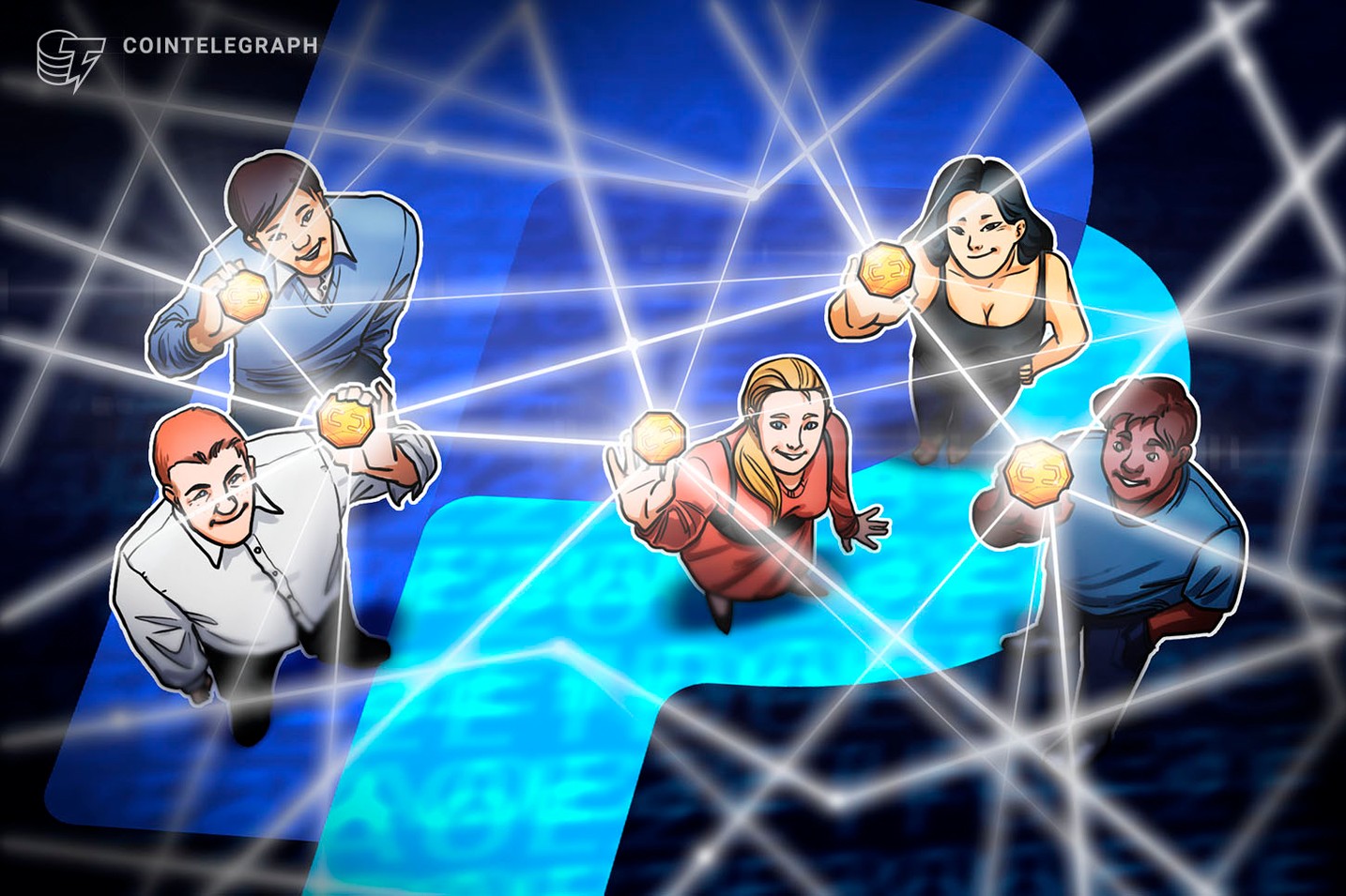
PayPal, the global payments giant with over 400 million active accounts, is adding cryptocurrency to its peer-to-peer (P2P) payments, enabling users to send and receive digital assets directly — a step that could accelerate mainstream adoption beyond investment and trading.
On Monday, the company unveiled PayPal links, a personalized one-time link generated in the PayPal app that can be shared across text, email or chat. The feature will launch first in the US before expanding into the United Kingdom, Italy and other international markets later this year.
In the near term, users will be able to send cryptocurrencies and stablecoins directly through PayPal’s P2P feature, both to PayPal and Venmo users, as well as to compatible digital assets. The supported cryptocurrencies will include Bitcoin (BTC), Ether (ETH), PYUSD (PYUSD) and others, the announcement said.
PayPal emphasized that personal transfers made through Venmo or PayPal will not trigger 1099-K tax reporting, since friends-and-family payments are generally exempt.
Both PayPal links and the crypto P2P capability are being introduced under PayPal World, the company’s new interoperability framework designed to connect wallets and payment systems across borders.
The company has steadily expanded its presence in digital assets. Earlier this year, it rolled out “Pay with Crypto,” a blockchain-based settlement service that lets US businesses accept payments in over 100 cryptocurrencies. In April, PayPal broadened its Venmo and PayPal crypto offerings to include Chainlink (LINK) and Solana (SOL).
Related: Crypto’s future lies in utility that lets payments scale globally
Giving utility to one of crypto’s core promises
Peer-to-peer payments have long been viewed as one of cryptocurrency’s most compelling use cases, a theme emphasized in Satoshi Nakamoto’s original Bitcoin white paper.
In its purest form, P2P refers to direct wallet-to-wallet transfers on a blockchain, free of intermediaries or custodians. While PayPal remains a centralized payment processor, its new P2P platform allows users to send cryptocurrencies to external wallets — a feature that aligns more closely with the original ethos of peer-to-peer transactions.
PayPal isn’t the only centralized player moving in this direction. In June, crypto exchange Kraken introduced Krak, a payments app that enables users to send and receive digital assets across borders.
Meanwhile, the rise of stablecoins is steadily reshaping remittances and P2P payments. The World Bank has noted that stablecoin-based rails could cut transaction costs by as much as 92%.
Still, not everyone is convinced. The Bank for International Settlements has cautioned that stablecoins fall short on key monetary principles, arguing they behave more like financial assets than true currency.
Magazine: Bitcoin payments are being undermined by centralized stablecoins

 1 month ago
15
1 month ago
15
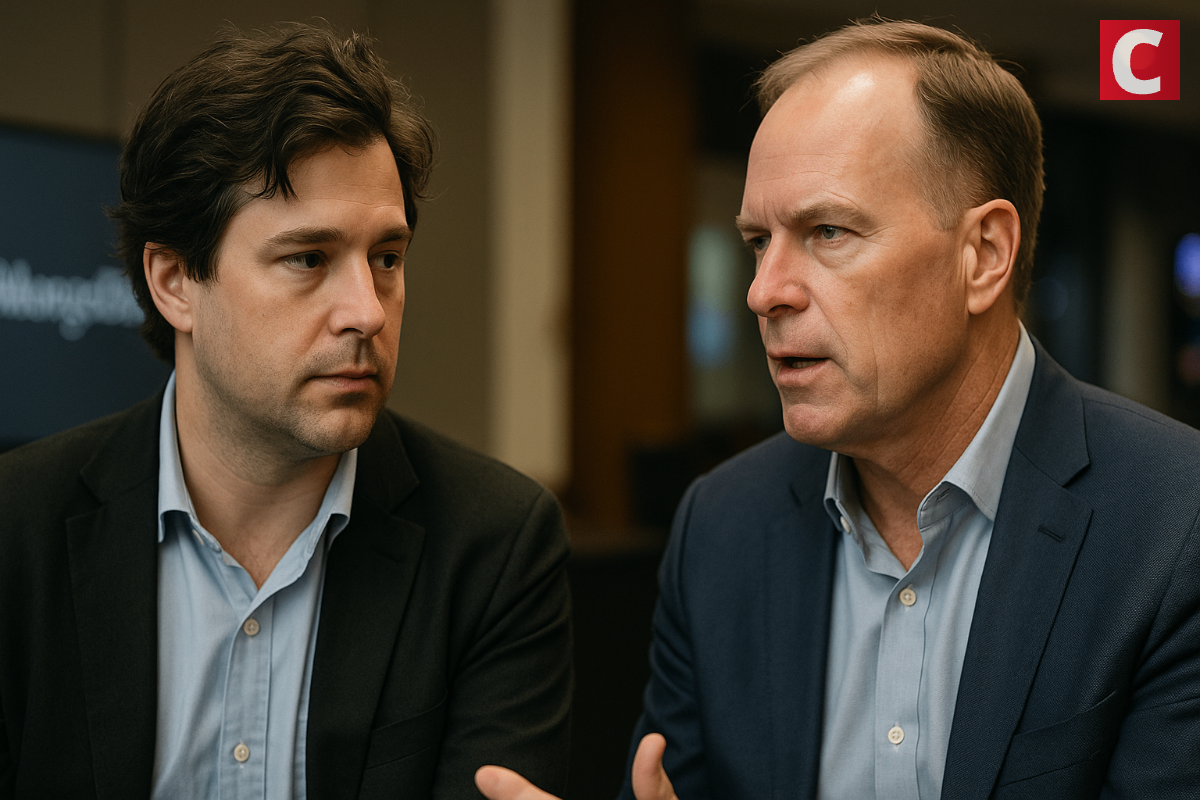












 English (US) ·
English (US) ·